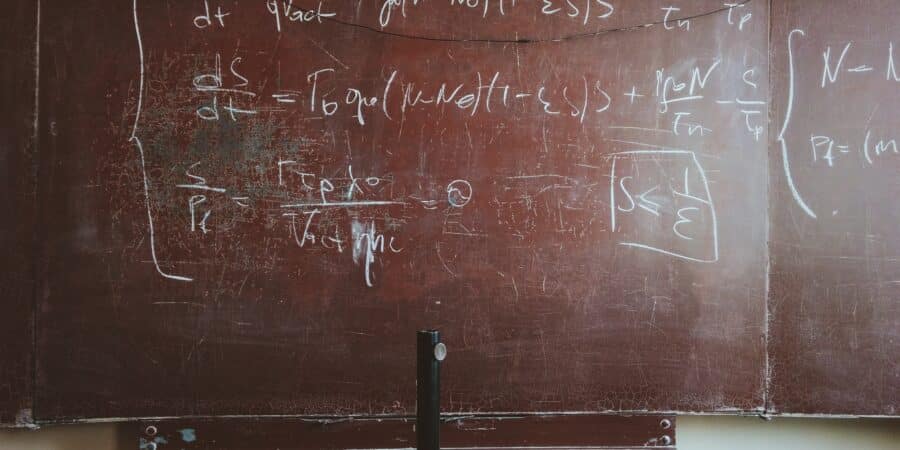Sub-Saharan Africa, a region rich in cultural diversity and natural resources, has been grappling with the intertwined challenges of extreme poverty and an education crisis. Due to extreme poverty, access to quality education remains elusive for many children. 52.5 million girls of primary and secondary school age are not attending school in sub-Saharan Africa. There are four key factors contributing to extreme poverty and the education crisis. Understanding the causes will pave the way for empowering individuals. And education is the key. Education must be prioritized as a fundamental right and a powerful tool to break the cycle of poverty and drive sustainable development.
Understanding the Causes
1. Economic Inequality
One of the primary drivers of extreme poverty is the unequal distribution of wealth and resources within Sub-Saharan Africa. The region’s economic disparities have left marginalized communities without access to basic necessities, including quality education.
2. Lack of Infrastructure
Insufficient infrastructure, such as schools, classrooms, and sanitation facilities, poses a significant barrier to education. Many remote areas lack proper infrastructure, making it challenging for children to attend school regularly and hindering the quality of education provided.
3. Gender Inequality
Gender discrimination persists in Sub-Saharan Africa, limiting educational opportunities for girls. Deep-rooted cultural norms, early marriages, and gender-based violence perpetuate a cycle of poverty and deny girls their right to education.
4. Conflict and Instability
Prolonged conflicts and political instability disrupt educational systems, displacing communities and denying children the chance to attend school. The destructive consequences of these conflicts further exacerbate poverty and hinder socio-economic development.
Addressing the Crisis
1. Investment in Infrastructure
Governments and international organizations must prioritize investment in educational infrastructure. This includes building and renovating schools, providing safe transportation, and ensuring access to clean water and sanitation facilities. Public-private partnerships can play a crucial role in funding and implementing these initiatives.
2. Teacher Training and Support
Enhancing the quality of education requires investing in teacher training programs to equip educators with the necessary skills and knowledge. Moreover, teachers should be provided with ongoing support, mentoring, and professional development opportunities to improve teaching practices.
3. Girls’ Education
A concerted effort is needed to address gender disparities in education. This involves implementing policies that promote gender equality, advocating for girls’ rights to education, and providing scholarships and incentives to encourage female enrollment and retention in schools.
4. Community Engagement
Collaboration between communities, schools, and parents is essential in overcoming barriers to education. Community engagement programs can raise awareness about the importance of education, combat cultural norms that limit girls’ access to schooling, and encourage parents to prioritize their children’s education.
Empowering through Education
Education serves as a catalyst for change and empowerment, enabling individuals to break free from the vicious cycle of poverty. Education equips individuals with knowledge, critical thinking skills, and entrepreneurial capabilities, empowering them to pursue better livelihoods and contribute to their communities. A girl in school is likely to earn up to 25% more per year completed of secondary school, reinvest 90% of her earnings in her family, reinvest in her children’s education, resist gender violence, and become a force for change in her community.
By investing in education, Sub-Saharan Africa can unlock its potential for economic growth and development. Microfinancing Partners in Africa’s Scholarship Program empowers educators to identify and give scholarships to students who are struggling in extreme poverty, assign them mentors, include microfinancing as a part of the curriculum, and guide the students through pay-it-forward activities. Learn more here online about the scholarship program.
Together, let us join hands to ensure that every child in Sub-Saharan Africa has access to a quality education, enabling them to fulfill their potential and shape a brighter future for the region.

